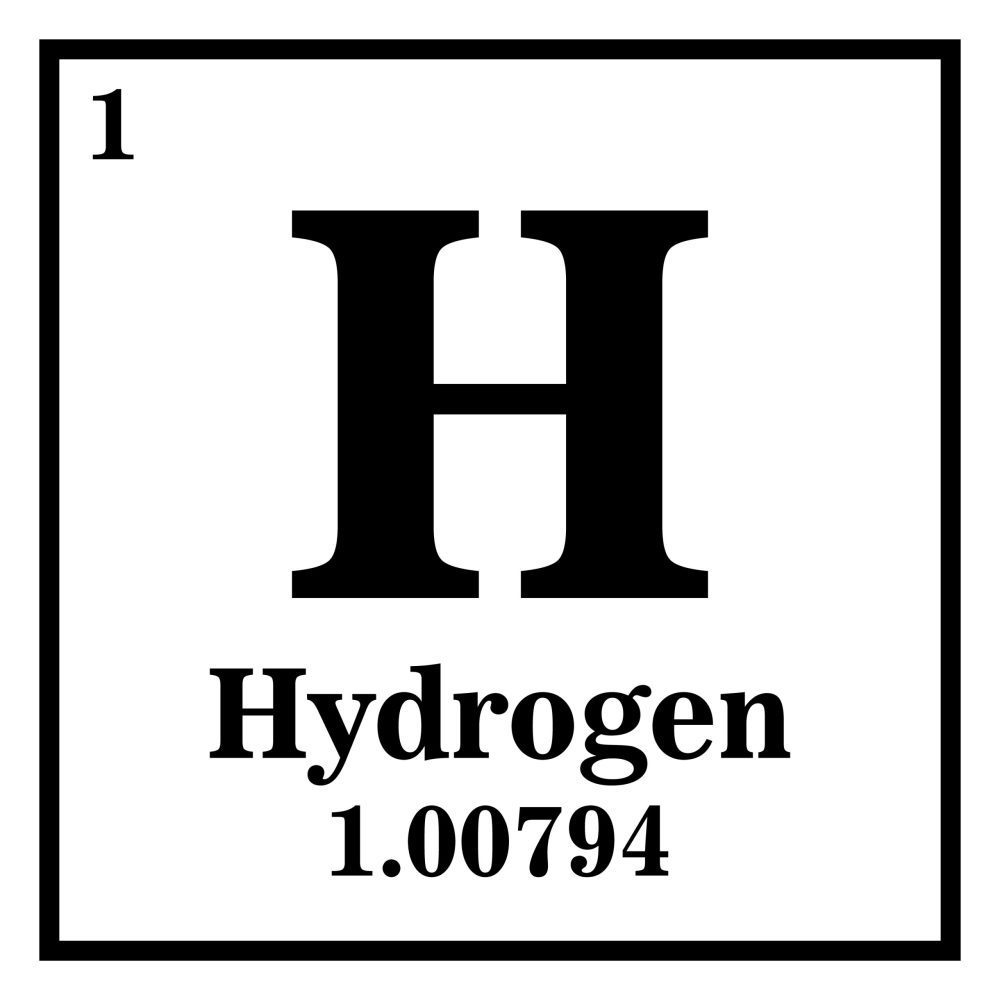Hydrogen is touted by many as representing the next clean-energy revolution. It’s proponents believe that we’ll be using to power our vehicles, heat our homes, and power industry.
A recent report from the Commons Select Committee on Science and Technology however rather downplays its role in achieving Net Zero – “It seems likely that any future use of hydrogen will be limited rather than universal.”
Here’s a summary of their conclusions, but first, a very brief introduction to Hydrogen as an energy source.
What is it?
Hydrogen is the most abundant element in the Universe, but as it is highly reactive, it is only ever found in compounds, i.e. bound to other elements. Therefore, to produce the pure Hydrogen required for energy, it must be processed.
This refining of Hydrogen is energy intensive. The source of energy used gives rise to the colour prefixes for hydrogen. For example, Black Hydrogen is produced using coal, Pink Hydrogen from nuclear energy, Blue hydrogen from natural gas, and Green Hydrogen from renewables.
The resulting pure Hydrogen can then either be burnt directly as a fuel, similar to how natural gas is distributed and used, or as an energy carrier in fuel cells which generate electricity.
Summary of the S&T Committee conclusions:
The rapid expansion of renewable energy provides important possibilities for the mass production of green hydrogen in the future, but demand for renewable power for direct use already outstrips supply capacity.
The use of green electricity in producing, through electrolysing water, hydrogen for use as a fuel inevitably involves the loss of energy through the inefficiency of all such industrial processes.
It seems likely that any future use of hydrogen will be limited rather than universal. It is likely to be best suited to applications or places which are:
- Hard to electrify—such as some parts of the rail network;
- Uses that do not require the creation of an extensive refuelling network—such as local bus services operating out of a fixed number of depots; and
- Users who are adjacent to, or accessible to, places where hydrogen is produced, such as industrial clusters.
In addition, hydrogen has important potential uses as:
- a means of energy storage; and
- a source power for energy intensive industries like steel, glass and mineral production.
To read the full report, visit:
https://publications.parliament.uk/pa/cm5803/cmselect/cmsctech/99/report.html
According to the Committee and it’s industry contributors, it is unlikely that Green Hydrogen will be coming to your local forecourt, or to your boiler, very soon, but as ever, time will tell.
Ewan Bent, 20th Jan 23
